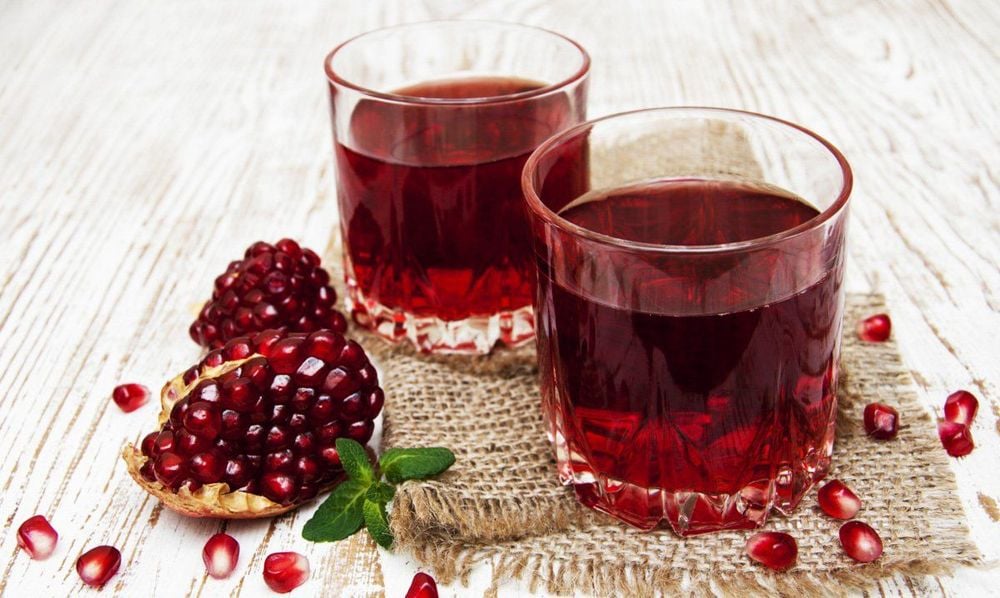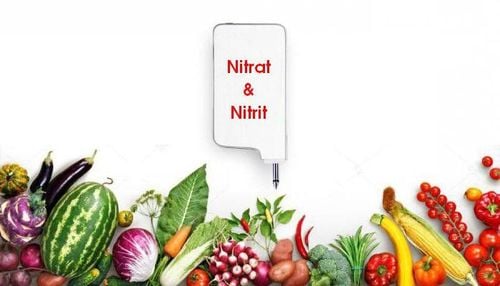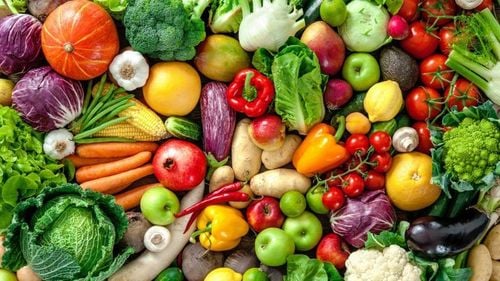Nitric oxide is a vital molecule that dilates blood vessels, promotes blood circulation, and offers a variety of other health benefits, including lowering blood pressure, improving exercise performance, preventing heart disease, and enhancing brain function. Changing your daily diet is one of the most effective and best ways to increase the concentration of this essential molecule naturally.
1. Beets Boost Nitric Oxide
Beets are rich in dietary nitrates, which your body can convert to nitric oxide when they are absorbed into the body. A study in 38 adults showed that just 45 minutes after consuming beet juice, nitric oxide levels in their bodies increased by 21%.
Similarly, another study showed that drinking 3.4 ounces (oz), or 100 milliliters (mL), of beet juice significantly increased nitric oxide levels in both men and women.
Thanks to their rich content of dietary nitrates, beets have been linked to several health benefits, including enhanced athletic performance, improved thinking ability and lowered blood pressure levels.

2. Garlic Boosts Nitric Oxide
Garlic is one of the best foods to boost nitric oxide in the body by activating nitric oxide synthase, which helps to convert nitric oxide from the amino acid L-arginine.
An animal study demonstrated that consuming aged garlic extract could temporarily boost nitric oxide levels in the blood by as much as 40% within one hour. Garlic not only increases nitric oxide levels but also has significant health benefits, such as lowering blood pressure and improving exercise tolerance.
3. Meat Boosts Nitric Oxide
Poultry and seafood are excellent sources of coenzyme Q10 (CoQ10), a compound that is crucial for maintaining nitric oxide levels in the body.
It is estimated that an average diet contains 3-6 mg of CoQ10, with meats, especially poultry, providing about 64% of the total intake.
CoQ10 concentration is mostly found in animal viscera, fatty fish, and meats such as beef, chicken, and pork. Besides, ensuring adequate CoQ10 in your daily diet not only helps to maintain nitric oxide but also improves athletic performance, prevents migraines, and supports cardiovascular health.

4. Dark Chocolate Boosts Nitric Oxide
Dark chocolate is rich in flavanols, a natural compound that offers various health benefits. Scientists showed that the flavanols found in cocoa can help stabilize nitric oxide levels in the body, thereby improving cardiovascular health and protecting cells from oxidative damage.
In a 15-day study with 16 participants, consuming 30 grams of dark chocolate daily led to a significant increase in nitric oxide levels in the blood. Furthermore, participants also saw a reduction in their systolic and diastolic blood pressure to normal levels.
Additionally, consuming dark chocolate regularly can improve blood circulation, enhance brain function, and lower the risk of heart disease.
5. Leafy Greens
Leafy greens like spinach, arugula, cabbage, and kale are rich in nitrates. They are converted into nitric oxide in the body after being consumed.
Studies indicate that regularly incorporating nitrate-rich foods like leafy greens into your diet can help sustain adequate nitric oxide levels in the blood and tissues. Additionally, a nitrate-rich diet, including spinach, can boost nitrate levels in the saliva glands by up to eight times, significantly reduce systolic blood pressure, and lower the risk of heart disease and cognitive decline.

6. Citrus Fruits
Citrus fruits such as oranges, lemons, and grapefruits are excellent sources of vitamin C - a water-soluble vitamin that plays a central role in overall health.
Vitamin C can boost nitric oxide levels in the blood by increasing its bioavailability and maximizing its absorption in the body. Studies also demonstrate that vitamin C can enhance the production of nitric oxide synthase, an enzyme crucial for nitric oxide production.
Consuming citrus fruits regularly can help lower blood pressure, improve brain function, and reduce the risk of heart disease.
7. Pomegranates Boost Nitric Oxide
Pomegranates are rich in antioxidants, which help protect the body's cells from damage and maintain nitric oxide levels in the blood. In actuality, pomegranate juice effectively preserves nitric oxide levels from oxidative damage and enhances their function.
Research involving both humans and animals has found that the antioxidants in pomegranates can improve blood circulation, providing particular benefits for individuals with high blood pressure and erectile dysfunction.

8. Nuts and seeds
Most nuts and seeds are high in arginine, an amino acid related to the production of nitric oxide in the body. Recent studies have shown that adding arginine-rich nuts to your diet can increase nitric oxide levels in the blood within just two weeks.
Thanks to their high arginine and rich nutritional content, regularly consuming nuts can help reduce blood pressure, increase endurance, and improve cognitive function.
9. Watermelon
Watermelon is considered one of the best sources of citrulline, an amino acid that your body converts first to arginine and then to nitric oxide.
A small study found that adding citrulline to the diet promoted nitric oxide synthesis within a few hours, though the researchers noted that it may take longer to experience the full health benefits. Additionally, drinking about 10 ounces (300ml) of watermelon juice for two weeks led to significant improvements in nitric oxide bioavailability.

Overall, regularly consuming watermelon not only boosts nitric oxide levels but also enhances exercise performance, increases blood flow, and reduces blood pressure.
10. Red Wine
Red wine contains many powerful antioxidants and has been linked to some health benefits.
Scientists indicate that drinking red wine can increase nitric oxide levels in the blood and the levels of nitric oxide synthase, an essential enzyme that helps to stimulate nitric oxide production. This is why moderate consumption of red wine can help lower blood pressure and improve heart health.
Please dial HOTLINE for more information or register for an appointment HERE. Download MyVinmec app to make appointments faster and to manage your bookings easily.
Reference source: healthline.com









